Do you like traveling? Do you love nature? When you travel, are you careful to minimize your environmental impact on the protection of planet Earth? Find out with us if you are a true ecotourist with this simple guide.
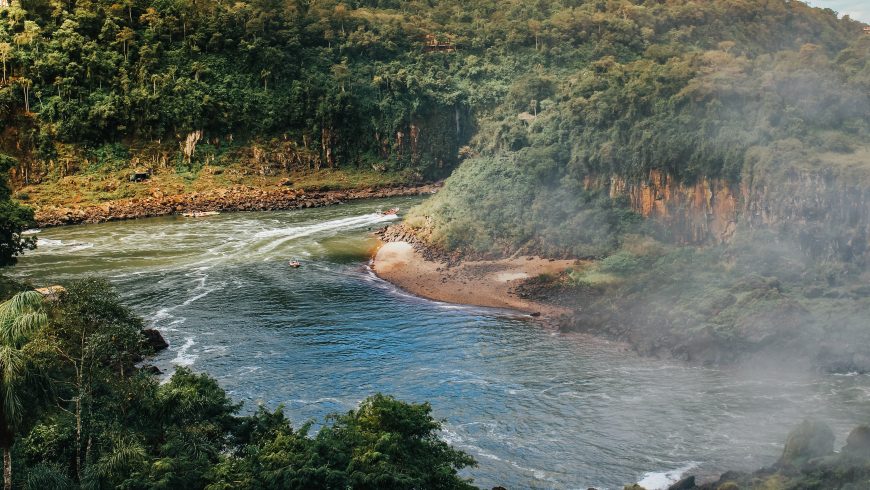
What is ecotourism?
Many definitions have been given to ecotourism. The most accredited one is from the International Union for the Conservation of Nature (IUCN):
“Ecologically responsible trips to natural areas, in order to enjoy and appreciate nature (and the accompanying cultural characteristics, both past, and present) that promote conservation, have a low impact on the visitor and provide for a beneficial active socio-economic involvement of local populations.”

According to UNWTO, the World Tourism Organization, tourism to be considered ecological must have some important characteristics:
- being forms of nature-based tourism in which the main motivation of tourists is the observation and appreciation of nature and traditional cultures prevalent in natural areas;
- contain educational functions (much emphasis is placed on recycling, responsible water consumption, local crafts, and cycling or walking rather than driving. A great emphasis is placed on the protection of local or particularly threatened species);
- if resorting to the use of the tour operator it must be organized by specialists in the sector and must be designed for small groups;
- must minimize negative impacts on the natural and socio-cultural environment;
- it must support the maintenance of natural areas that are used as ecotourism attractions, generating economic benefits for local communities and raising awareness of the conservation of natural and cultural heritage.
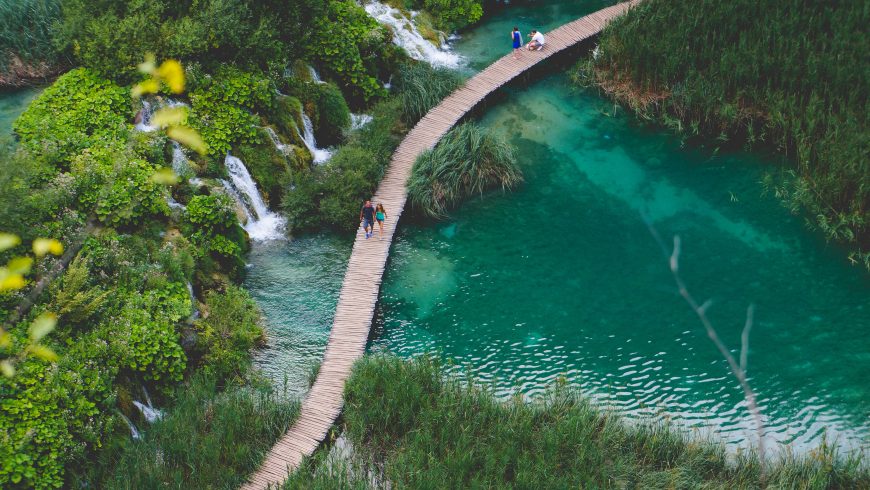
The problem of too much tourism
The problem is mass tourism, unconscious and not very attentive to the planet. There are many problems related to this type of tourism that is not ecological. For example, if we go to places or structures that are inadequate to accommodate a large number of people, the first to suffer is the environment. Tourism needs specific infrastructures, such as water treatment plants and health facilities. Very often, however, the tourism industry focuses only on the creation of services for fun and trendy activities, which have a very high environmental impact.
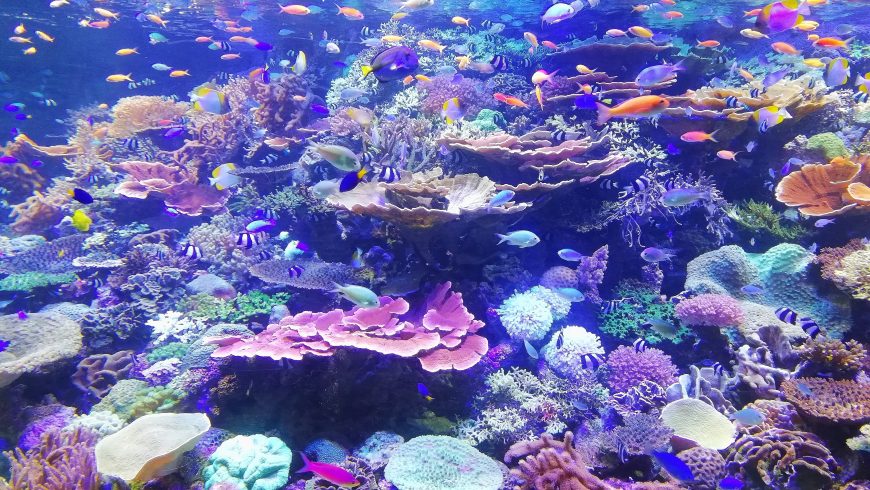
On coral reefs, resorts offer diving activities, but very often these large marine ecosystems are not respected. In Africa, however, most resorts do not have a valid wastewater disposal system. In this way, many rivers are contaminated by water discharges and the quantity of drinking water available for local populations decreases.
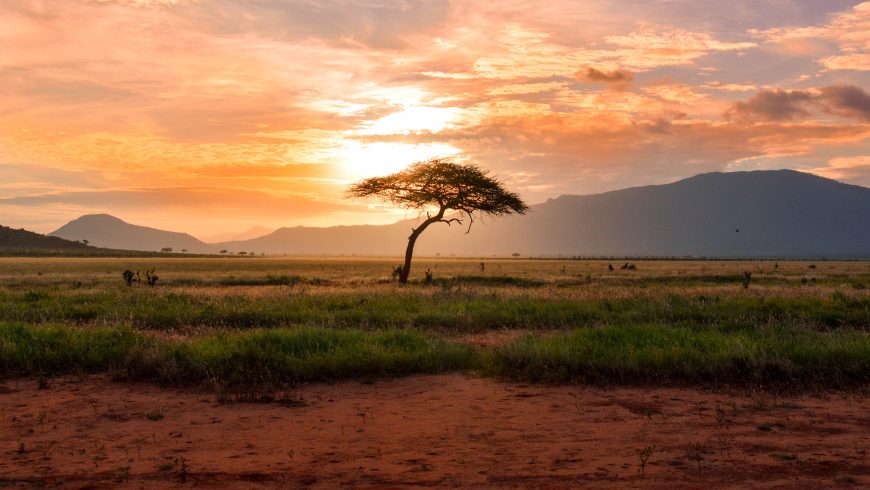
Even just walking off the paths leads to soil erosion. Everything we do has an impact on the environment, fauna, and flora. The increase in visitors in recent years has led to significant environmental degradation. This is why it is increasingly important to promote ecotourism.
We need ecotourism

Ecotourism can really make a difference. If even some of us committed to reducing the environmental impact of tourism, we could live in a healthier world. The planet absolutely needs more ecotourism. Ecotourism educates travelers to respect places and live in harmony with nature. It also brings awareness and wealth to local communities.
How to behave as ecotourists?
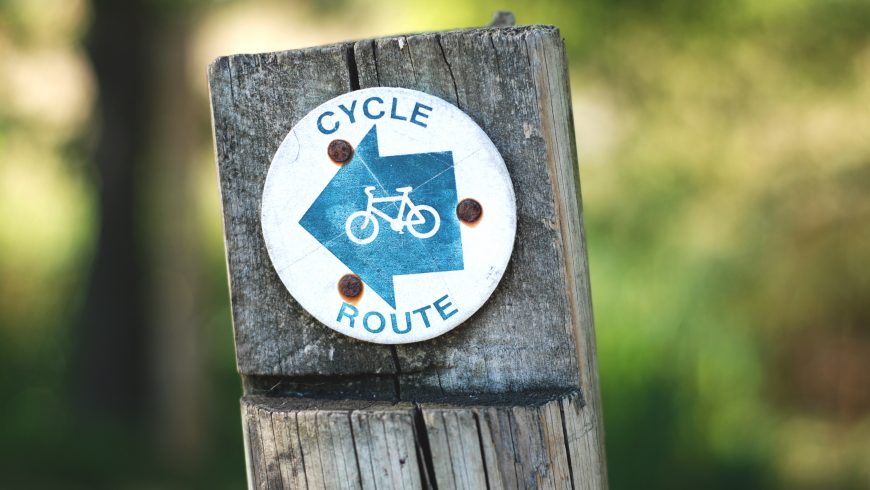
We want to give you some small tips, which you can read in more detail here:
- travel slowly and enjoy the view;
- take the plane only if absolutely necessary;
- avoid plastic and everything that is disposable;
- respect the environment, flora, fauna and local populations;
- use local services and products: you will help the local economy;
- talk to the locals: we tend to forget how important communication is.
Are you ready to experience an ecotourist trip?




